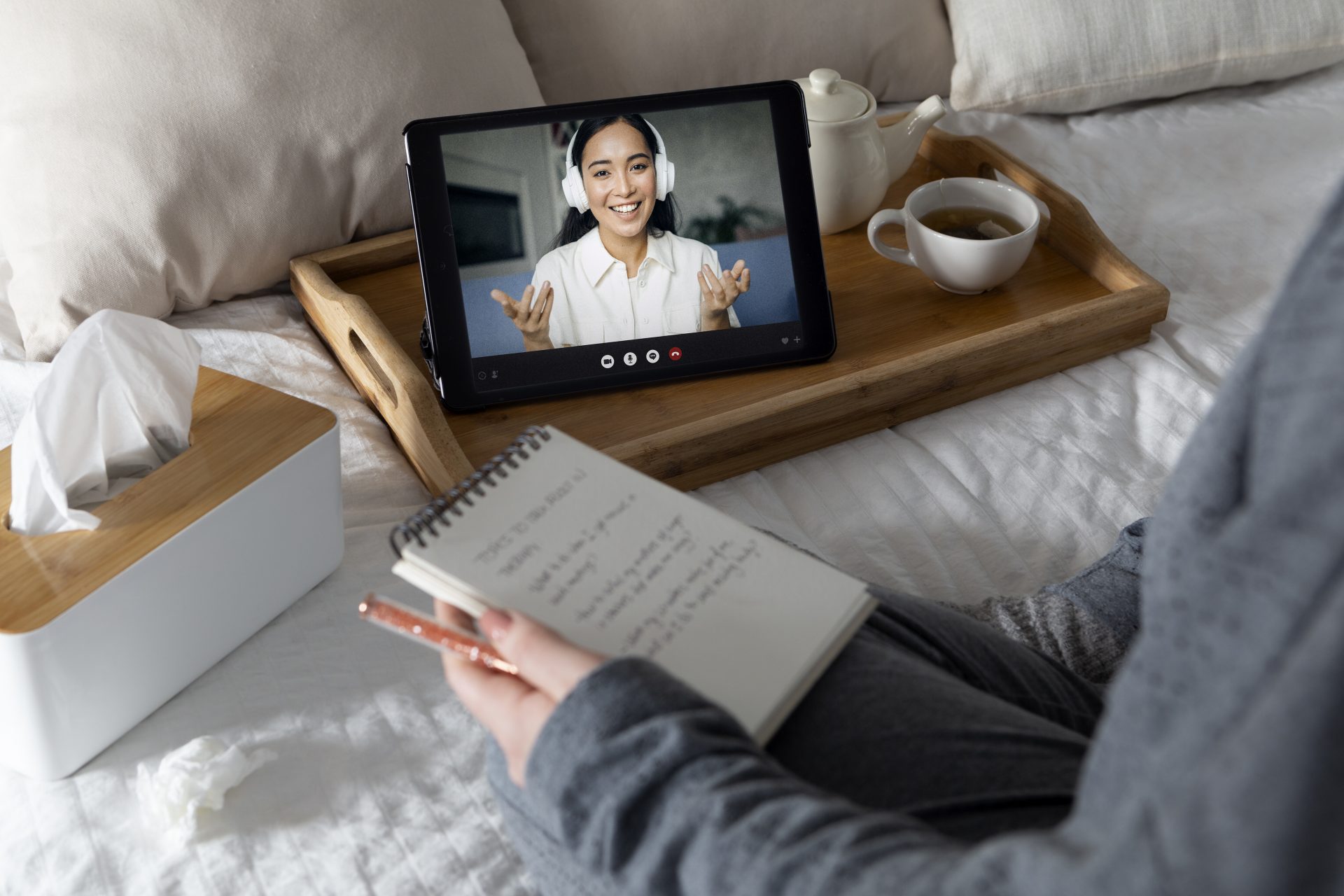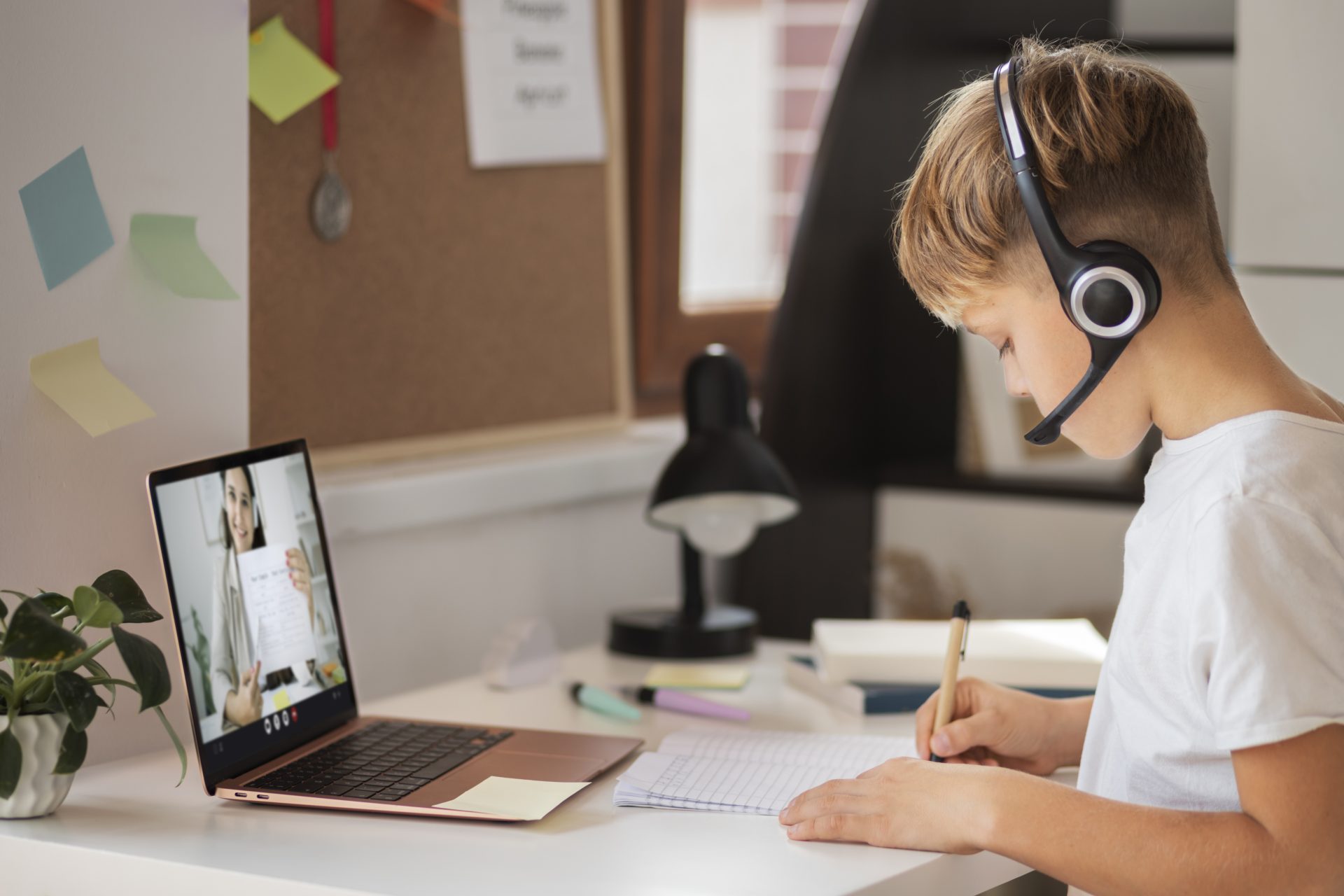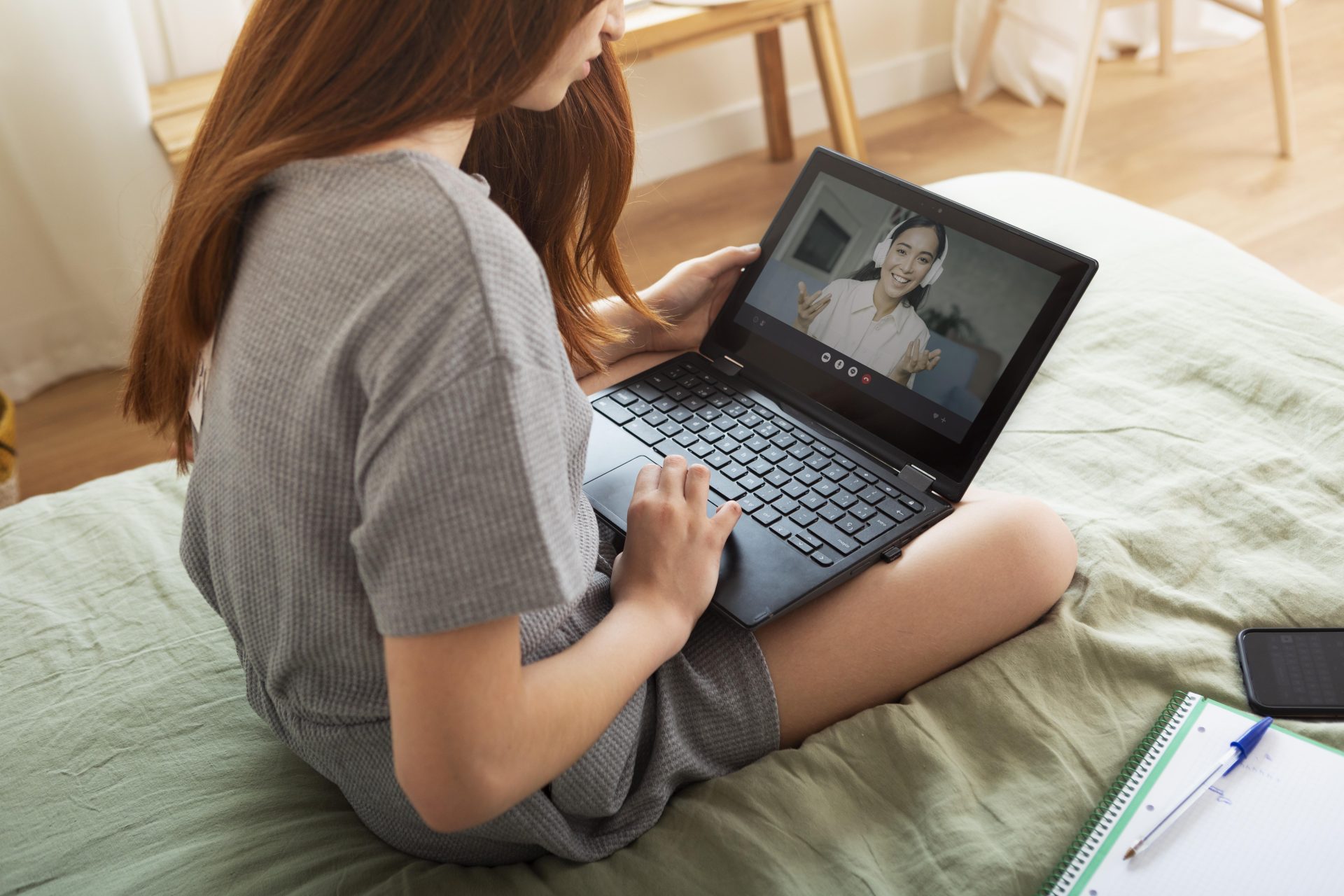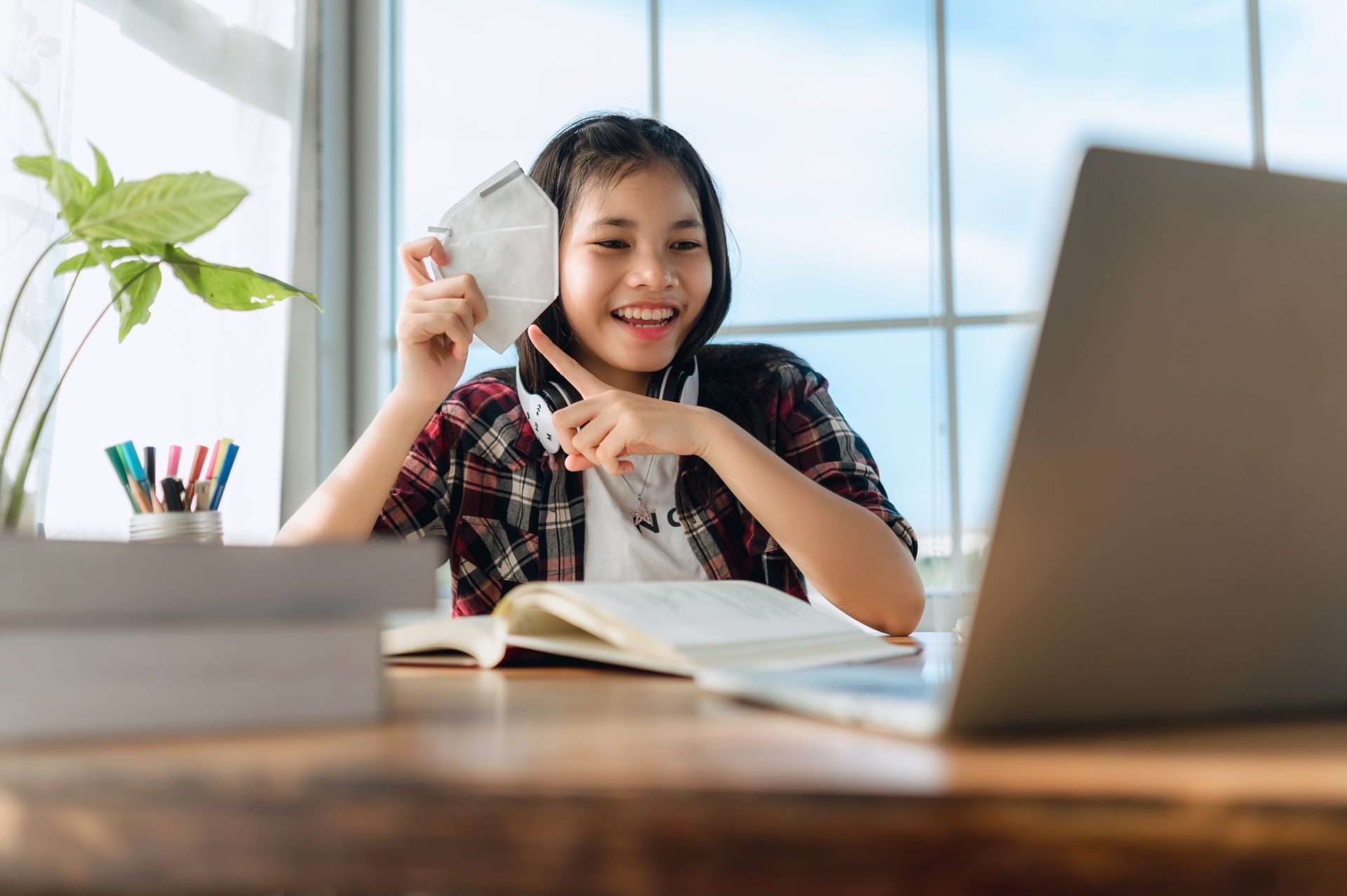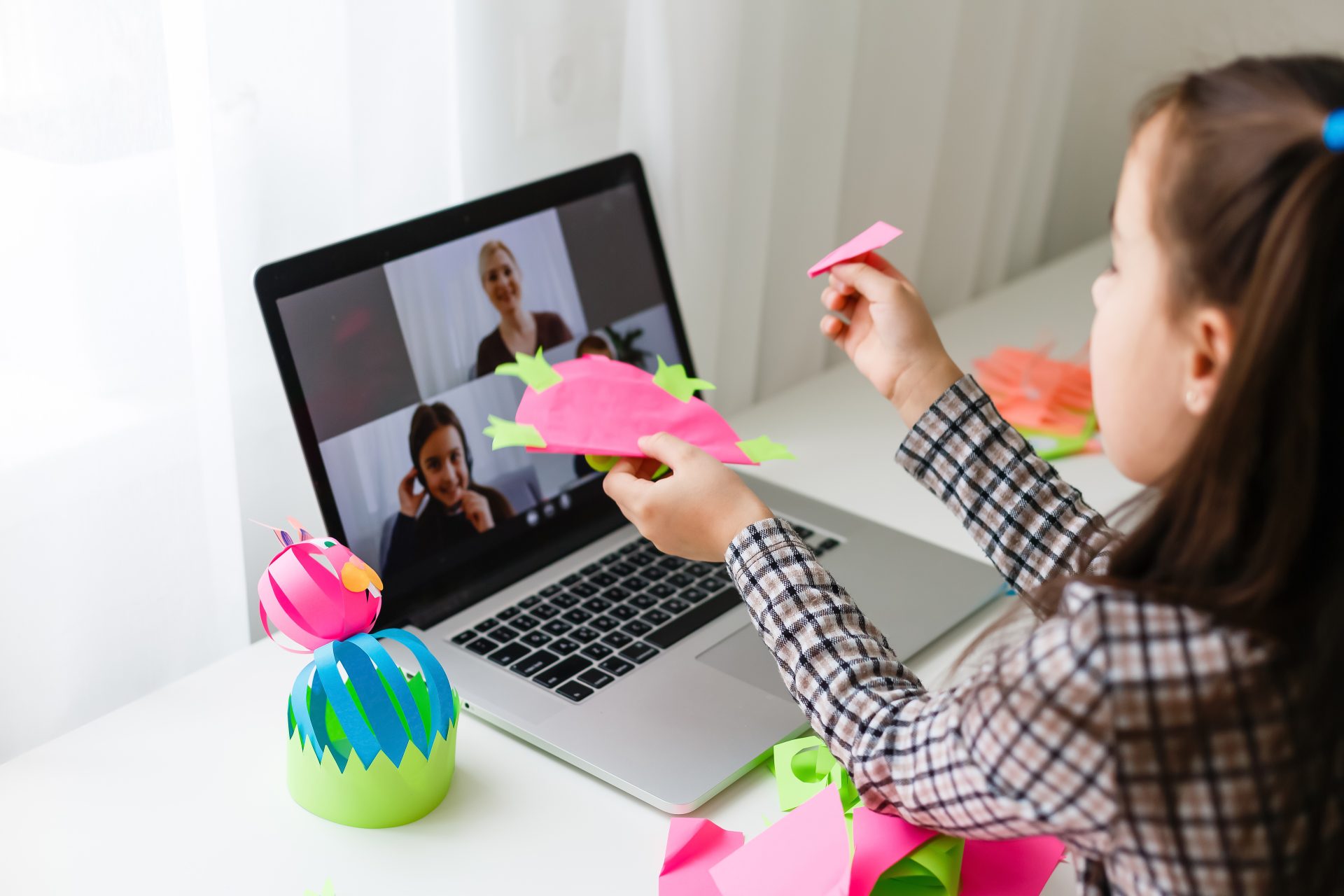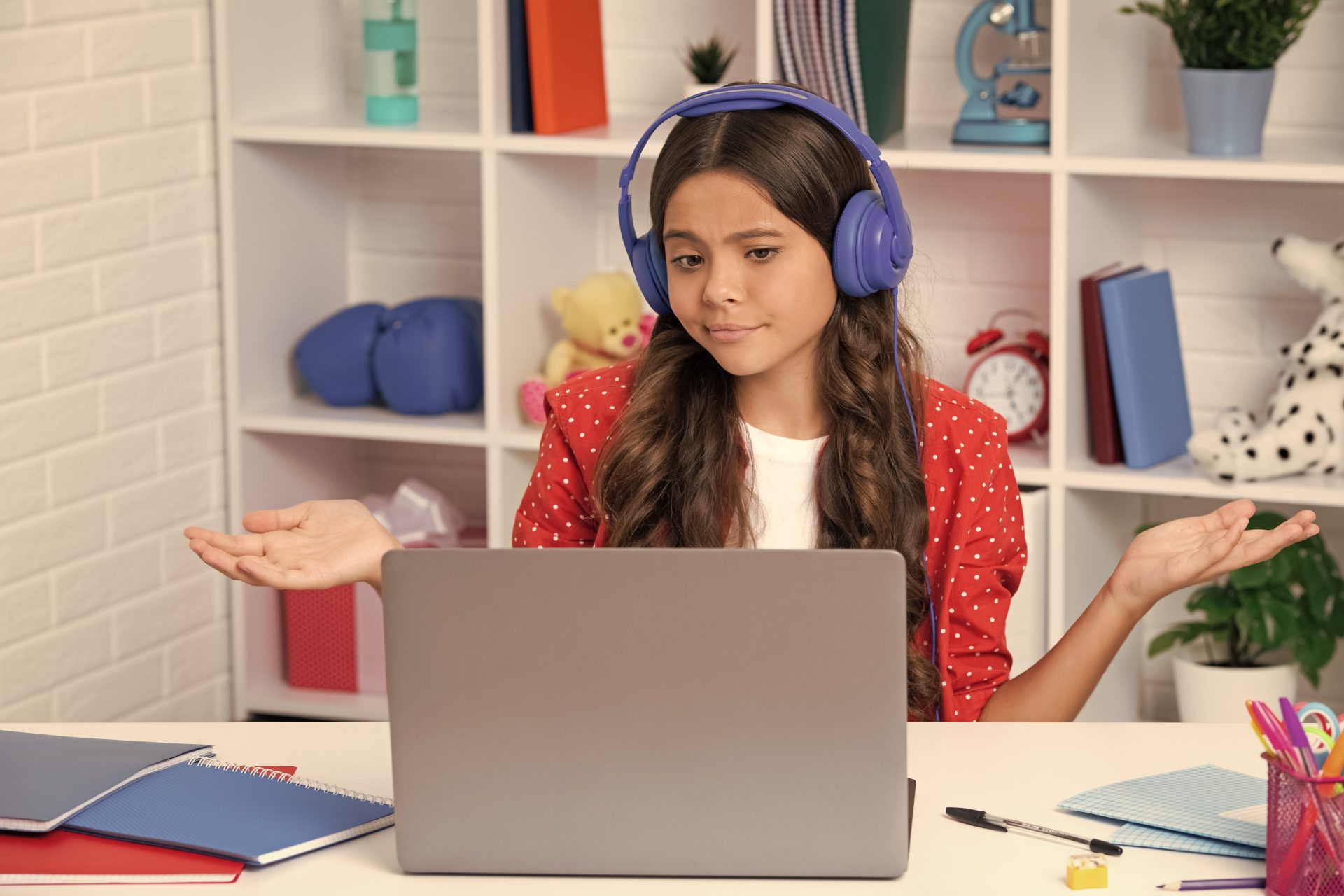Contents
Online K-12 schooling became a key part of life for many students. Students spend almost all day on their laptops. It gives students flexibility and freedom, but it harms their health. Today, we’ll discuss how to properly balance screen time to ensure it positively affects both children’s studies and well-being.

Balancing screen time involves managing time spent on devices like computers, tablets, and phones. Students spend much of their day on digital devices for learning. Ignoring balancing screen time leads to health issues. Excessive screen time causes eye strain, fatigue, and behavioral issues. Take regular breaks to maintain health. Limiting non-essential screen use helps ensure overall well-being and effective learning.
What are the Effects of Excessive Screen Time?
Excessive screen time is the overuse of digital devices. Excessive screen time leads to several negative effects on both physical and mental health. Table below lists six main problems. Each problem is followed by a brief description.
| NEGATIVE EFFECT | SHORT DESCRIPTION |
|---|---|
| Eye strain | Excessive screen time causes eye discomfort, dryness, and blurred vision |
| Sleep disruption | The blue light from reduces melatonin production. Reduced melatonin makes it harder to fall asleep and lowers sleep quality |
| Physical health issues | Sitting for long periods leads to negative effects. These effects include poor posture, neck and back pain, and a sedentary lifestyle |
| Mental fatigue | Excessive screen time leads to mental exhaustion, reduced concentration, and decreased productivity |
| Social isolation | Excessive screen time reduces face-to-face interactions. Reduced face-to-face interactions lead to feelings of loneliness and social isolation |
| Behavioral issues | Excessive screen time leads to increased irritability, anxiety, and attention problems |

The research “Effects of Excessive Screen Time on Child Development: An Update Review and Strategies for Management“ by Sudheer Kumar Muppalla and colleagues found significant impacts of screen time on various developmental areas. A one-hour increase in television (TV) exposure at age two was linked to a 7% decrease in classroom participation. It also caused a 6% drop in math proficiency by fourth grade. Children exposed to two or more hours of screen time daily showed higher rates of behavioral issues.

Managing screen time is crucial. It helps mitigate these negative effects.
Practices for Balancing Screen Time
Balancing screen time is essential for maintaining both physical and mental health. This is especially important in a world where digital devices are constantly present. Here are ten practices. They can help manage and reduce excessive screen time.
| PRACTICE | SHORT DESCRIPTION |
|---|---|
| Set time limits | Set clear limits on screen time for both learning and leisure. Use apps like ScreenZen (iOS) and Digital Wellbeing (Android). These apps allow you to monitor your screen habits |
| Take regular breaks | Follow the 20-20-20 rule. Every 20 minutes, take a 20-second break from the screen to look at something 20 feet away. This break helps reduce eye strain |
| Add physical activity | Schedule exercise or physical activities during the day. These activities help break up screen time |
| Prioritize tasks | Focus on essential tasks and avoid unnecessary screen time. Use Todoist (iOS) and Microsoft To Do (Android) to organize your day |
| Create a screen-free zone | Designate areas in your home as screen-free zones. The bedroom or dining room are good choices |
| Use blue light filters | Apply blue light filters on your screen. Wear blue light-blocking glasses. This reduces the impact on your sleep and eye health |
| Engage in offline hobbies | Balance screen time by engaging in offline hobbies. Try activities like reading, drawing, playing sports, or spending time outdoors |
| Establish a digital curfew | Set a specific time in the evening to turn off screens. This allows your mind to unwind and prepare for sleep |
| Monitor screen time usage | Review and reflect on your habits. Make adjustments as needed to ensure a healthy balance |
| Practice mindful screen use | Be intentional about when and how you use screens. Focus on quality over quantity. This approach makes your screen time meaningful and beneficial |
Role of Parents and Teachers in Balancing Screen Time
Balancing screen time is crucial for the well-being of children. Parents and teachers are key to helping students balance screen time with offline activities.

Tips for Parents on Regulating Screen Time
The research “I’m not perfect: Navigating screen time among parents of young children during COVID-19“ by Erin Findley and colleagues involved in-depth interviews with 72 parents. 25 of the parents explicitly discussed screen time. The findings showed screen time was both a stressor and a stress reliever during the pandemic. Mothers used it to manage the demands of full-time parenting and work. This highlights the complexity of screen time’s role in family dynamics. The study suggests revisiting screen time guidelines considering these factors.
Here are five tips for parents to help students balance screen time:
- Establish clear guidelines on screen time.
- Model healthy screen habits.
- Promote hobbies away from screens.
- Keep track of how much time is spent on devices.
- Help students with using digital tools responsibly.
Tips for Teachers on Regulating Screen Time
Here are five tips for teachers to help students balance screen time:
- Integrate screen breaks during lessons.
- Teach students about the effects of excessive screen time.
- Include activities without using screens.
- Promote mindfulness practices to reduce screen dependency.
- Provide resources for parents on managing screen time at home.
Parents and teachers work together to help children balance screen time.
Conclusion
Balancing screen time in online education is essential. We identified six negative effects of excessive screen time. Parents and teachers help students develop healthy habits using proven methods. We provided ten practices and five tips each for parents and teachers to help students manage screen time. Legacy Online School cares for its students and has skilled teachers who help them stay healthy.



